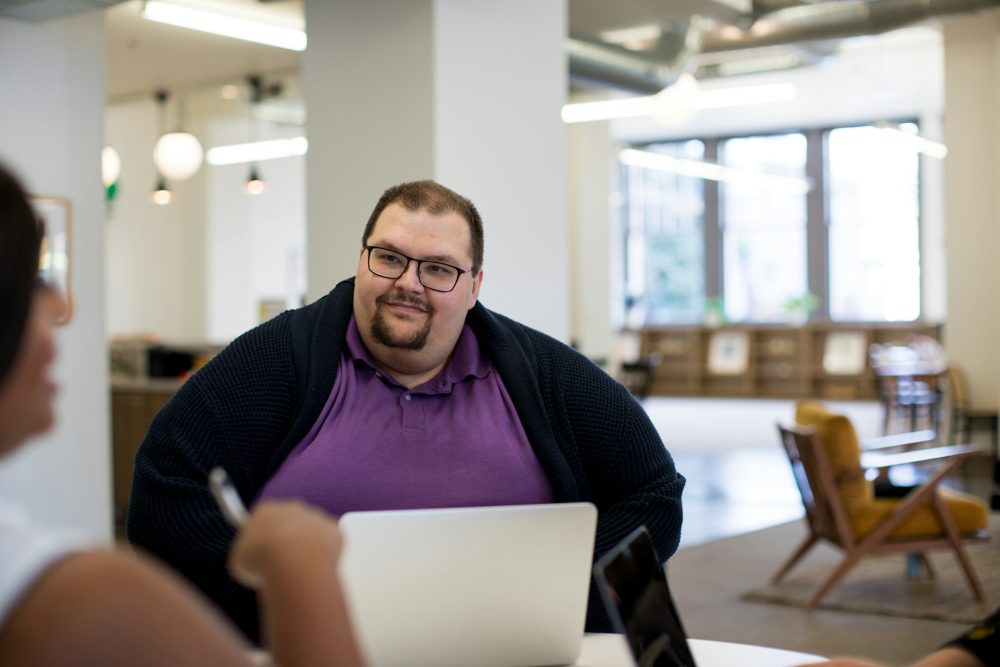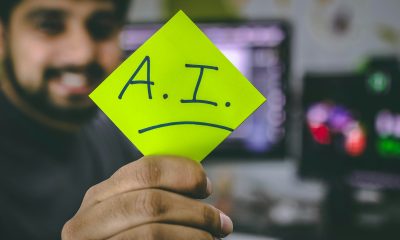Business
The Future of Legal Operations: Navigating the Changing Landscape
The legal industry faces challenges in integrating new AI technology and modern practices, meaning stagnation is now a serious threat to traditional legal teams. Legal industry giants Richard Susskind and Mark A. Cohen shared their unique perspectives on this transformation, providing insights on how to navigate the shifting sands of this rapidly evolving legal landscape. Here are the highlights.

In a recent keynote program moderated by UnitedLex, legal industry giants Richard Susskind and Mark A. Cohen shared their unique perspectives on the transformation of the legal industry in an evolving legal landscape. The conversation and key takeaways reveal a new legal landscape that mandates a strategic integration of data, technology, and human ingenuity and underscore the significance of legal operations in the modernization process.
Here are the highlights from the discussion, organized by topic:
The New Legal Landscape: ChatGPT, Data Insights, and Human Adaptation
New forms of AI, such as ChatGPT, will herald in new knowledge management and knowledge sharing capabilities within the profession by opening knowledge capture, creation, sharing, and restructuring to clients themselves. We are now seeing the power of predictive systems, generative systems, legal data analytics, and data science. This paradigm shift has catalyzed a heightened focus on legal data management, knowledge sharing, and knowledge capture within the legal industry, enabling unprecedented advancements in operational efficiency.
Notably, ChatGPT is heralding a transformative era for the legal profession, one that emphasizes customer-centricity and democratic access to legal services. By harnessing the tremendous potential of AI, legal practitioners can enhance accessibility, streamline processes, and foster transparency. Although ChatGPT is a relatively new tool, its trajectory holds promise and the potential to revolutionize the legal system and augment legal operations.
Tomorrow’s Lawyers: New Opportunities in Legal Jobs
With increasingly resource-constrained environments, and it’s clear that the in-house community does not have adequate training or resources to “do more with less.” The contemporary legal landscape requires expertise in legal analytics, legal operations, enterprise legal management, and data analytics for law firms. Additionally, having expertise with the growing body of tools allows higher quality service than was previously possible. In the next decade, new jobs will likely arise to support new ways of working, including legal design thinker, legal process analyst, and legal knowledge engineer.
Why Stagnation is Not an Option
Incorporating technology and embracing change present cultural challenges for an industry steeped in tradition. If the legal function continues with the status quo, taking a myopic view, and giving legal responses to risk management as opposed to data-driven holistic responses that consider a multiplicity of factors such as enterprise risk tolerance and calculation, then traditional legal teams will be marginalized. Legal operations consulting and management play a pivotal role in driving innovation and shaping the future of legal services.
Human adaptation and technology alike must become the cornerstones of the new legal industry, guiding it beyond stagnation and traditional practices and models. Legal operations must wholeheartedly embrace AI tools like ChatGPT and prioritize data-driven approaches to unlock new dimensions of operational excellence and support client services.
Moreover, the evolving role of lawyers involves a steadfast commitment to continuous learning and upskilling in legal analytics, legal operations, and law firm data analytics. There is no silver bullet, but now is the time to put the road map in place to take a strategic long-term view. For a comprehensive exploration of the insights shared by Susskind and Cohen, download the complete whitepaper.
__
(Featured image courtesy of Author)
DISCLAIMER: This article was written by a third party contributor and does not reflect the opinion of Born2Invest, its management, staff or its associates. Please review our disclaimer for more information.
This article may include forward-looking statements. These forward-looking statements generally are identified by the words “believe,” “project,” “estimate,” “become,” “plan,” “will,” and similar expressions. These forward-looking statements involve known and unknown risks as well as uncertainties, including those discussed in the following cautionary statements and elsewhere in this article and on this site. Although the Company may believe that its expectations are based on reasonable assumptions, the actual results that the Company may achieve may differ materially from any forward-looking statements, which reflect the opinions of the management of the Company only as of the date hereof. Additionally, please make sure to read these important disclosures.

-

 Business6 days ago
Business6 days agoAmerica’s Debt Spiral: A $67 Trillion Reckoning Looms by 2035
-

 Crypto2 weeks ago
Crypto2 weeks agoBitcoin Reacts to Crisis: Price Swings Amid Israel-Iran Conflict
-

 Crowdfunding3 days ago
Crowdfunding3 days agoTasty Life Raises €700,000 to Expand Pedol Brand and Launch Food-Tech Innovation
-

 Biotech2 weeks ago
Biotech2 weeks agoDiscovery of ACBP Molecule Sheds Light on Fat-Burning Tissue Suppression and Metabolic Disease

























